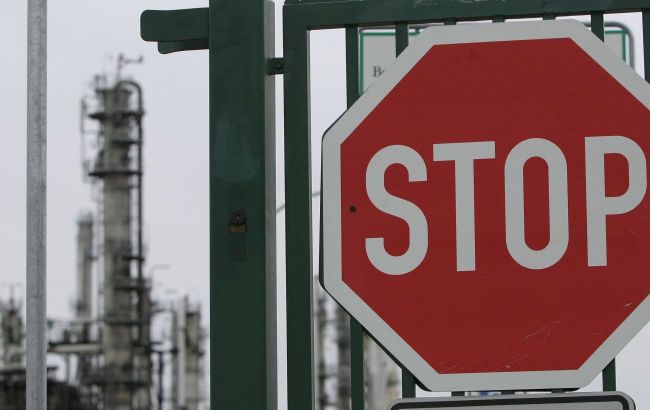Czechia ready to fully abandon Russian oil
 Photo: Czech Republic to abandon Russian oil in July 2025 (Getty Images)
Photo: Czech Republic to abandon Russian oil in July 2025 (Getty Images)
Czechia aims to stop consuming Russian oil by July 2025 once upgrades to a transalpine pipeline enable increased shipments from the west, Zdenek Dundr, Operations Director of the State pipeline company MERO says.
Currently, the country sources half of its oil from Russia. The Czech government plans to end these imports in compliance with the European Union's ban on most Russian oil, imposed following Russia's invasion of Ukraine in 2022.
"If we are able to confirm in the first quarter that all is ready, then a gradual logistical switch of supplies will follow. The plans are for a full switch to supplies of non-Russian crudes from the second half," Dundr said, adding that July is the expected date for halting Russian oil imports.
This transition will follow MERO's $60 million project to enhance the capacity of the TAL pipeline, which connects Italy to Germany and extends to Czechia. The upgrades will double westward capacity to 8 million tons annually.
According to Dundr, the transition will occur after MERO completes a $60 million project to upgrade the capacity of the Trans Alpine (TAL) pipeline from Italy to Germany, which connects to the Czech Republic. This will double the capacity from the west to 8 million tons per year.
He also noted that by the end of 2024, TAL will be able to operate at the maximum capacity needed to supply the Czech Republic.
While the Czech Republic began its diversification process in 1995 by building the IKL pipeline connecting it to TAL in southern Germany, one of its two oil refineries, owned by the Polish company PKN Orlen, continued to process Russian oil.
Russian oil
Dependence on Russian flows has led to the Czech Republic, Hungary, Slovakia, Germany, and Poland being exempted from EU sanctions on Russian pipeline oil. Germany and Poland have since stopped Russian imports, although Slovakia and Hungary have spoken of maintaining flows.
Dundr highlighted that alternative crude oil blends from Latin America, Saudi Arabia, and the North Sea will replace Russian oil, matching its properties.
According to the Operations Director of the State pipeline company MERO, even after a complete rejection of Russian supplies, the Druzhba pipeline, which transports Russian oil to the west, will remain filled with oil and ready to be used as a backup option.
He added that this pipeline could potentially be used to transport crude oil from Ukraine or Kazakhstan and the Janaf pipeline from Croatia in the future.
According to Dundr, the pipeline could theoretically be adapted for reverse flows from west to east for supplies to Slovakia, although this remains a hypothetical option for now.
Read the detailed information about oil transit through Ukraine in our material on the topic.

